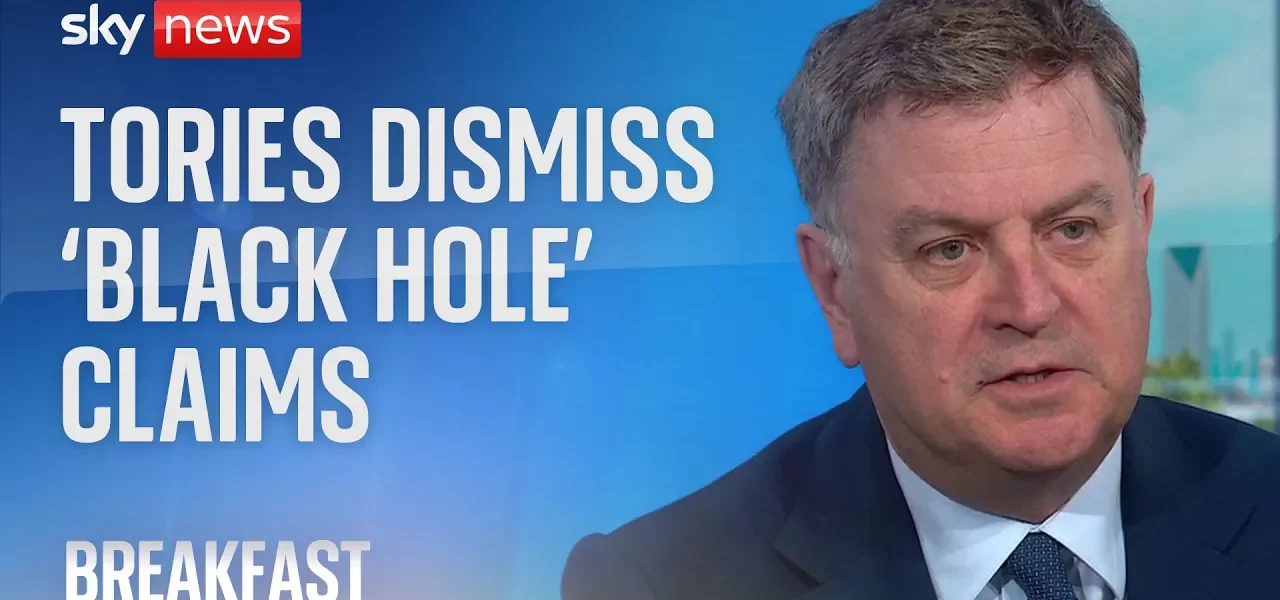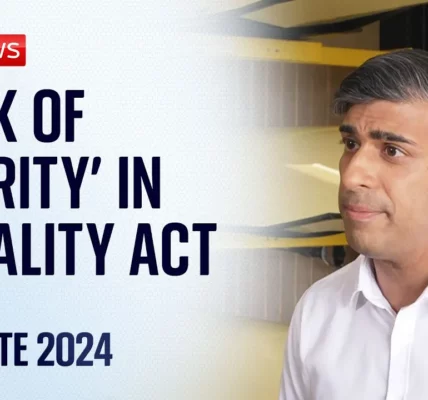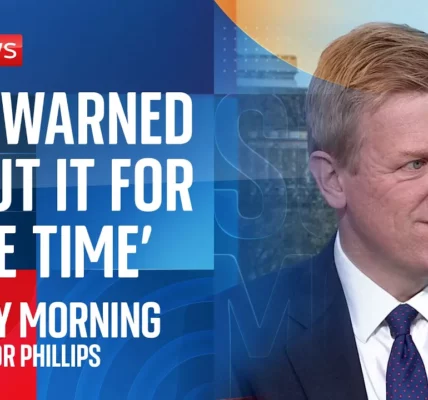This is a Complete Myth: The 22 Billion Pound Black Hole Explained

This article delves into the political ramifications of wage increases and government decisions impacting vulnerable pensioners and the prison system in the UK. By examining the conscious choices made by the government, we uncover the implications for society’s most at-risk groups.
Introduction
The notion of a 22 billion-pound black hole in the UK economy has sparked significant debate, especially concerning the implications of wage increases for public sector workers such as junior doctors and train drivers. This article highlights the government’s decisions that led to this situation, exploring how these choices have affected vulnerable groups, particularly pensioners living below the poverty line. It is essential to understand the political context and the ramifications of these financial decisions.
The 22 Billion Pound Black Hole: A Myth or Reality?
At the heart of the discussion is the claim of a 22 billion-pound black hole, which has been labeled a myth by some political analysts. This figure is closely tied to wage increases initiated by the Labor government, with significant hikes for various public sector roles.
Wage Increases Under the Labor Government
- Junior doctors received a 22% pay increase over two years.
- Train drivers were awarded a 14% increase, exceeding inflationary adjustments.
These pay increases were positioned as necessary to retain skilled workers in critical public service roles. However, critics argue that such decisions lack foresight regarding their long-term financial implications.
The Impact on Vulnerable Pensioners
One of the most concerning outcomes of these financial decisions is their impact on vulnerable pensioners. As the government reallocates funds to support these wage increases, many pensioners are left struggling.
Winter Fuel Payment Cuts
The winter fuel payment, a crucial support for many elderly individuals, has been significantly affected. The government’s decision to cut these payments from two-thirds of pensioners living below the poverty line is alarming.
Political Choices and Their Consequences
This raises questions about the moral implications of government spending and the prioritization of millionaire pensioners over those in dire need. The inability to identify millionaire pensioners for payment cuts exemplifies the systemic issues within the welfare system.
Prison System Overcrowding and Its Management
In addition to financial decisions affecting pensioners, the government’s management of the prison system has also come under scrutiny. The release of 1,700 prisoners early due to overcrowding represents a significant policy choice that has raised safety concerns.
Release of Prisoners
The decision to release prisoners has been criticized for lacking adequate planning and communication:
- There is limited information on where released prisoners will reside.
- Notifying victims of crimes committed by released prisoners is insufficient.
Public Safety Concerns
The lack of clear accommodation plans for released prisoners poses a risk of recidivism, as individuals without stable housing are more likely to reoffend. Public expectations for safety and transparency are not being met, leading to widespread concern.
Conclusions and Call to Action
The financial decisions made by the government, including substantial wage increases for certain public sector employees and cuts to support for vulnerable pensioners, illustrate a complex web of political choices. The implications extend beyond numbers, affecting real lives and the overall societal fabric.
As we navigate these challenges, it is crucial for voters to hold their representatives accountable and advocate for policies that prioritize the welfare of the most vulnerable citizens. Engaging in political discourse and demanding transparency in government spending are essential steps toward ensuring that no group is left behind.
For further reading on related topics, check out our articles on Welfare Reform and The Impact of Policies on Pensioners.
“`




